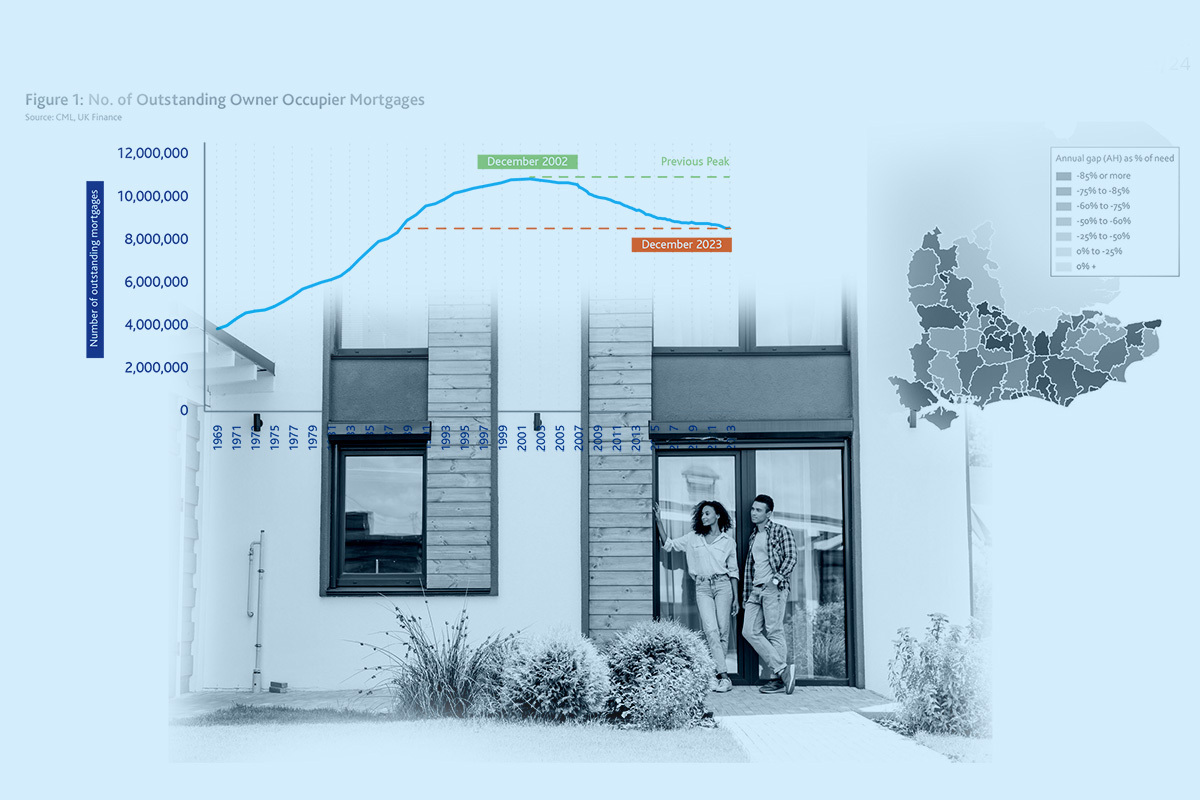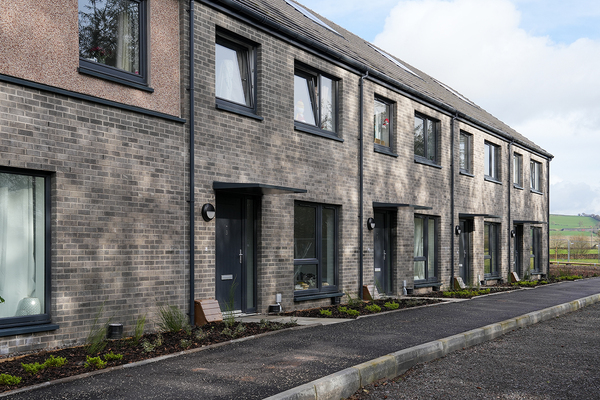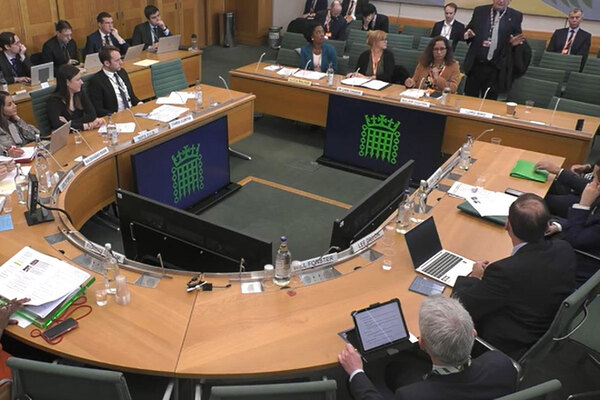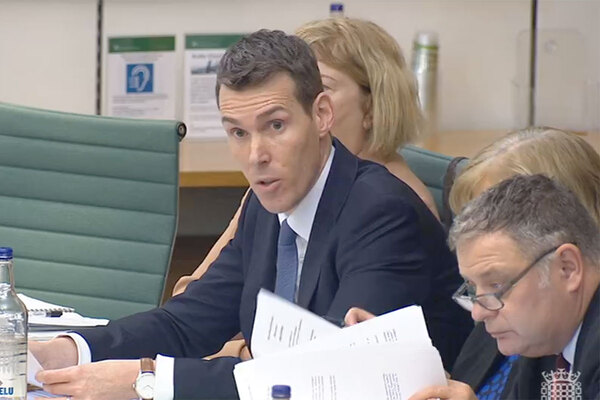You are viewing 1 of your 1 free articles
Latest housing research: what will it take to build the genuinely affordable homes we so desperately need?
Thinkhouse Editorial Panel member Francesca Albanese discusses recent research that highlights the interventionist policies needed to tackle the housing crisis
Reports in this month’s Thinkhouse review unanimously point to one policy solution we desperately need: more genuinely affordable homes, and urgently. The reports published this month help to answer the questions of how much of this should be focused on the supply of social housing and the policy levers required to substantially increase the overall volume of homes delivered across England.
The Finances and Sustainability of the Social Housing Sector by the House of Commons Levelling Up, Housing and Communities Committee, is the third inquiry during the last parliamentary term into the social housing sector and the need to address the chronic shortage of social homes in England.
Reading the report is a useful overview of the main issues which have remained over the past five years, with little progress on solutions. The social housing sector, rather than demand through direct delivery, has a critical role in responding to housing need.
However, grant funding is still too focused on affordable rent and shared ownership; a lack of centralised target-setting by government has disincentivised and stalled progress on housing supply; and there are financial pressures on the sector’s operating and housing improvement budgets, including decarbonisation and fire safety commitments.
The report also provides an accessible overview of recent concerns regarding the introduction of the Infrastructure Levy and the removal of Section 106 agreements in meeting social housing delivery needs.
“There needs to be a role for the Regulator of Social Housing to scrutinise these new financial models, particularly with regard to exposure of risk within capital markets”
For-profit models in social housing delivery is an area that is growing, as lenders, house builders and providers seek solutions outside traditional funding models. The inquiry makes some welcome and clear recommendations in this space. There needs to be a role for the Regulator of Social Housing to scrutinise these new financial models, particularly with regard to exposure of risk within capital markets.
Housing market pressures, and solutions, should also take account of local and regional variation. The Consortium of Associations in the South East has published The Housing Challenge for the Next Government: Meeting the housing supply delivery gap. With a focus on England and the housing market in the South East, again, housing need and responding to this in the right way are central to the narrative.
Packed with helpful evidence on housing need, the report draws on analysis from the Lichfields (2022) and Bramley (2019) reports, as well as new modelling. It shows there has been a shortfall of one million homes nationally over the 10 years to 2023, and more than 800,000 units of this deficit is social rented homes.
Based on a 10-year forecasting model, it concludes (alongside many other commentators) that if housing policy stays as is, there will be a further deficit of around 1.2 million homes over the next two parliaments, with an undersupply of up to a quarter of a million homes in the South East.
Recent commitments in the Labour, Conservative, Liberal Democrat and Green Party manifestos on housing supply also show these deficits, and their impact is clearly of concern for whoever forms the next government.
The report by the consortium goes on to suggest a range of urgent reforms required to start addressing housing need that we haven’t seen at all in previous decades. As well making the clear case for reintroducing overall housing targets, the report recommends a requirement for tenure sub-targets to drive progress on national, regional and local delivery for social and affordable tenures.
“Recent commitments in the Labour, Conservative, Liberal Democrat and Green Party manifestos on housing supply also show these deficits, and their impact is clearly also of concern for whoever forms the next government”
Finally, First-Time Buyers: Age-old problems, modern solutions: A roadmap for change, the Building Societies Association report, provides a policy analysis of how to boost access to homeownership for first-time buyers without compromising access to the market for future generations. We are currently in a situation where the cost of buying (a deposit) and the cost of owning (mortgage repayments) are both above the long-term average, so prospective first-time buyers have to overcome barriers in both areas.
Since a peak in 2002, we are continuing to see a decline in mortgaged homeownership. Affordability is a key driver of this. Linked to housing market inequity, the impact is felt most by single households, people from Black and minoritised groups, and those with below-average or unstable incomes.
Some quite striking statistics in the report show the income of a successful first-time buyer in London is now £96,000 (£60,000 in the UK) – nothing affordable or average about that – and around one-third of recent first-time buyers received a gift or loan from family or friends.
As well as reviewing the first-time buyer market, regulation and government interventions, the report makes the case for seeing this in the wider context of increased social and affordable housing supply, as well as an improved private rented sector.
This is the key takeaway from this month’s reports: there has to be a role for more interventionists and urgent housing supply policy responses that meet need, not demand, and this cannot be ignored any longer.
Francesca Albanese, executive director of policy and social change, Crisis, and a member of the Thinkhouse Editorial Panel
Sign up for our homelessness bulletin
Already have an account? Click here to manage your newsletters













